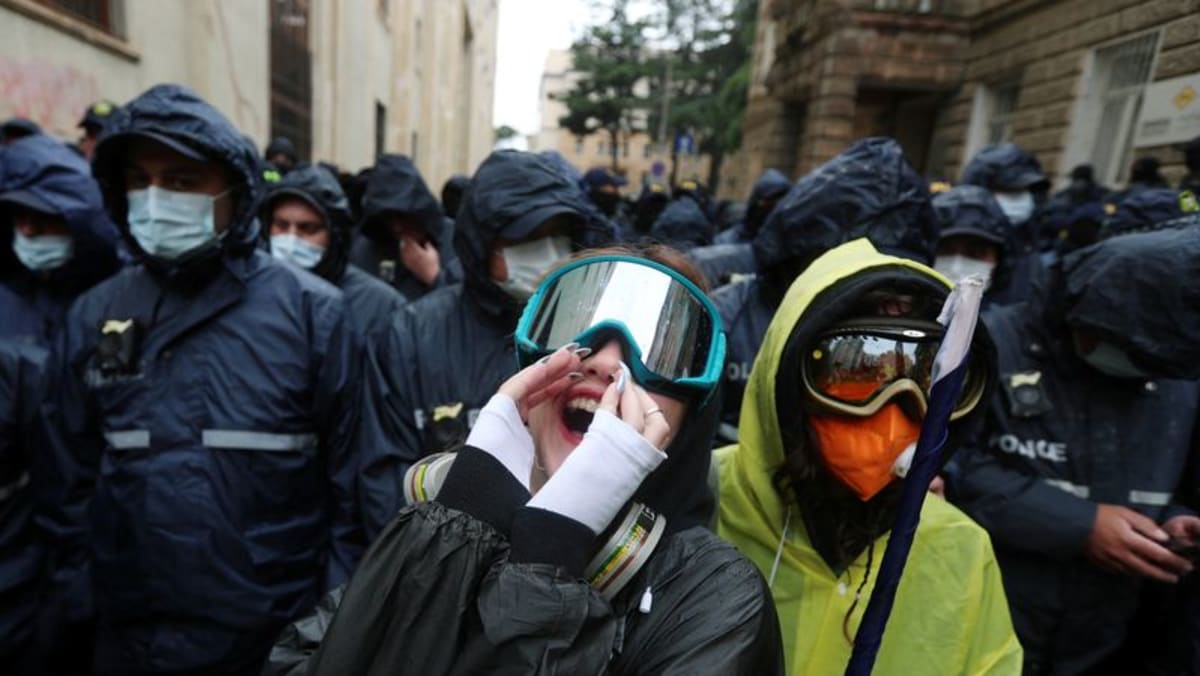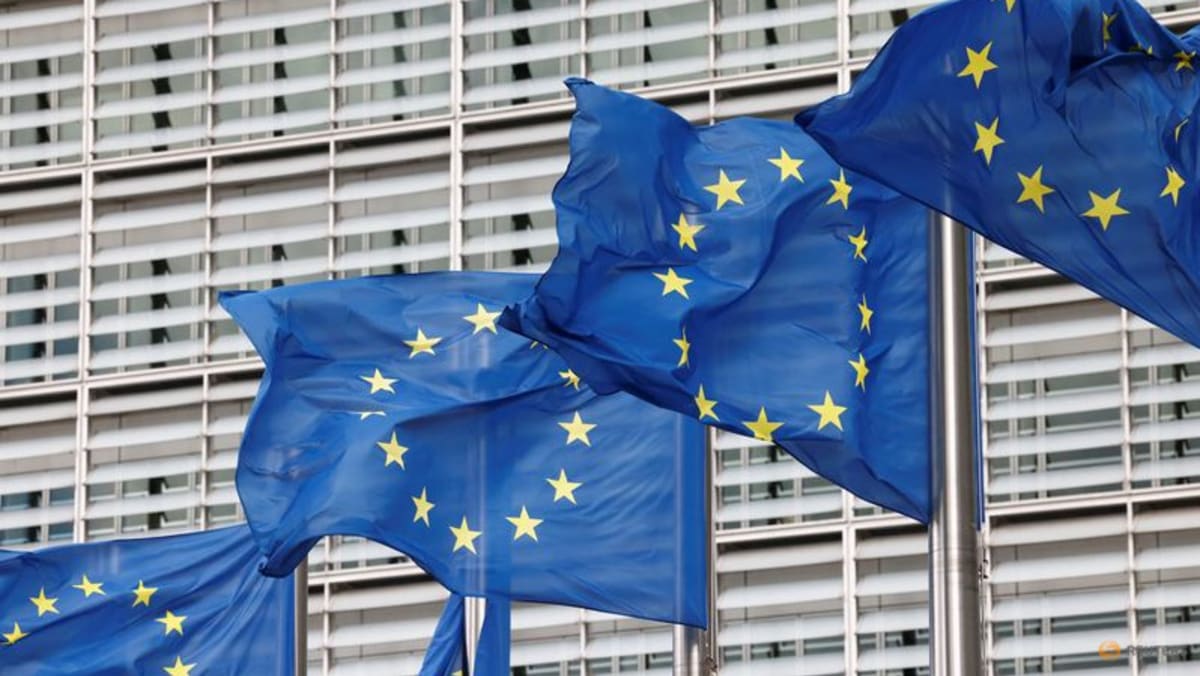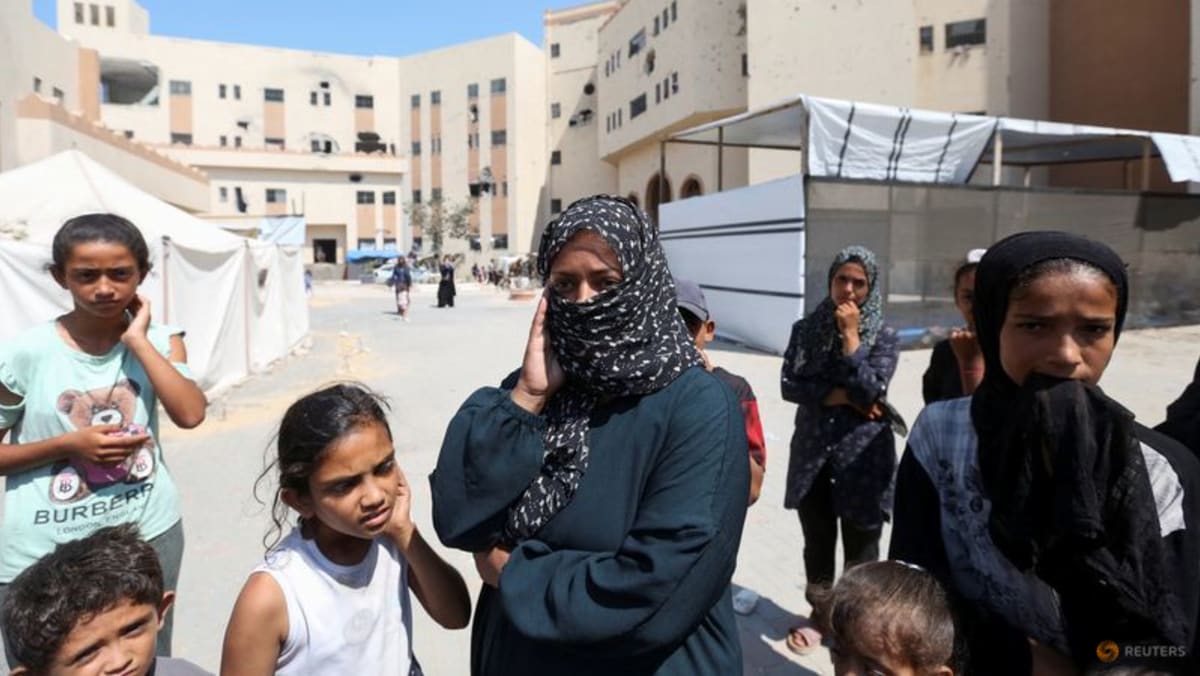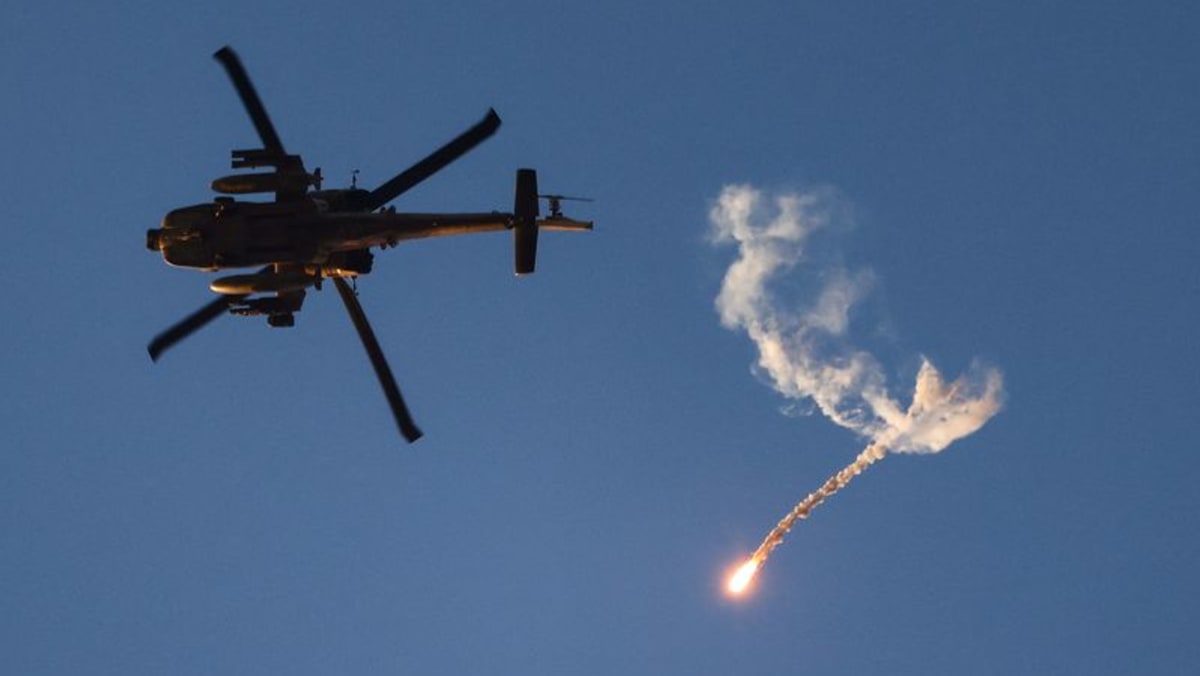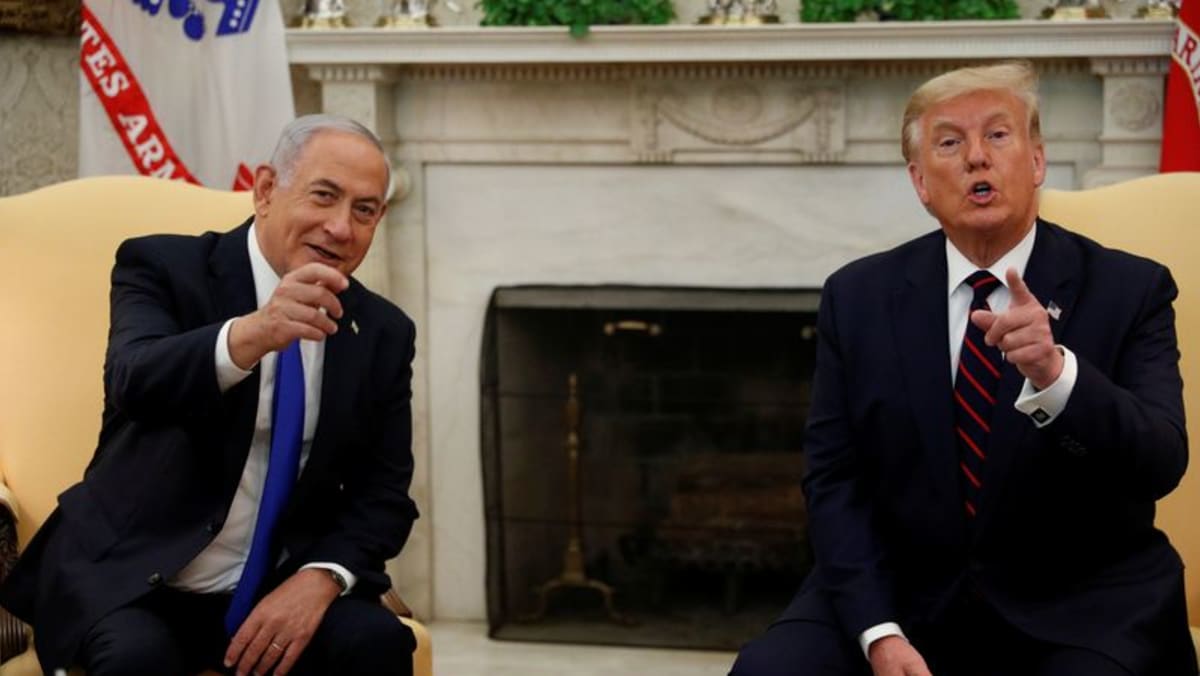FEARS OF EU INTEGRATION
The bill requires NGOs and media outlets that receive more than 20 per cent of their funding from abroad to register as bodies “pursuing the interests of a foreign power”.
Russia has used a similar law to silence public figures and organisations that disagree with or deviate from the Kremlin’s views.
The EU on Tuesday repeated its position that the bill undermines Tbilisi’s desire to move closer to the bloc.
“EU member countries are very clear that if this law is adopted it will be a serious obstacle for Georgia in its European perspective,” said its spokesman, Peter Stano.
Last year, Georgia was granted official EU candidacy, and Brussels is set to decide in December on the formal launch of accession talks — an unlikely prospect after the law’s adoption.
Georgian President Salome Zurabishvili, who is at loggerheads with the government, has vowed to veto the law, though Georgian Dream has enough lawmakers in parliament to override her veto.
“This law is taking away my future,” 19-year-old protester Anano Plievi told AFP outside parliament.
“I am angry, and proud of all these people at the same time. We are going to keep going towards Europe.”
Georgian society is widely anti-Kremlin. Georgia’s bid for membership of the EU and NATO is enshrined in its constitution and – according to opinion polls – supported by a majority of the population.
NGOs and government critics have reported months of intimidation and harassment in the run-up to the bill being reintroduced in a targeted campaign that has escalated amid the tensions.
Georgian Dream has depicted the protesters as violent mobs, insisted it is committed to joining the EU, and said the bill is aimed at increasing transparency of NGO funding.
The controversy surrounding the bill comes five months before a parliamentary election seen as a crucial democratic test for the Black Sea country.





